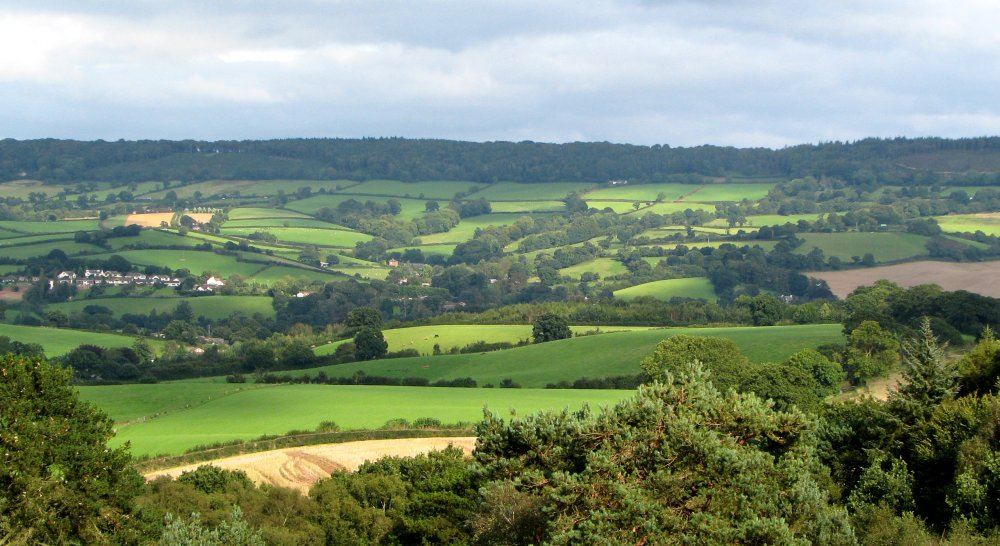
Bat Ecology Training and Survey - A Review by Alli Clarke
Bat Ecology Training and Surveying
By Alli Clarke
On the 11th and 12th of April 2022 I attended a Bat Ecology and Surveying course run by Ecology Training UK. We were based in West Harptree in Somerset close to the Avon Wildlife Trust site Folly Farm, where we surveyed for bats in the evening.
The training was led by the organisation’s owner and director Sue Searle, who has more than 20 years’ experience in the field of wildlife conservation, with a particular focus on the bats of Britain.
The training began with an introduction to all bat species of the world, their evolution, taxonomy, and current classification.
We then concentrated on British bat species, learning about their physiology, metabolism, and life cycle. Different types of bat roosts were covered extensively as surveying for bats often requires the observer to recognise these unique behavioural traits to determine and describe various bat activities throughout the year.
We were then taught the different kinds of surveys that are undertaken, and equipment used, and discussed the importance of legislation with respect to the disturbance of bat roosts.
The training was extremely informative as it covered all aspects of surveying, including the different kinds of buildings and dwellings that bats roost in, as well as learning how to use bat detectors to distinguish different species based on their unique echolocation frequencies.
We went on an evening survey at the nearby nature reserve Folly Farm. This was an interesting experience as the site is hired out as a venue for events such as weddings and other parties – which is what was happening on the evening of the bat survey. It made it difficult to listen for bats as the music was extremely loud and would have inevitably disturbed any bat activity. We were still able to hear some Common and Soprano pipistrelle bats later in the evening using heterodyne bat detectors.
I felt that I learned a lot about the ecology and anatomy of bats and how to survey effectively for them. I feel a lot more confident in knowing what to look for when observing and listening to bat activity and how to use a bat detector, and I will be using the training to conduct my own surveys in the presence of a bat license holder to gain logged hours towards obtaining my own bat license.

 Sweet flower! Of all that bloom by hill or glen Through smiling Kent, there’s none I love like thee For thour’st the truest type of true born men
Hardy unbought, untamable and free...”
Sweet flower! Of all that bloom by hill or glen Through smiling Kent, there’s none I love like thee For thour’st the truest type of true born men
Hardy unbought, untamable and free...”